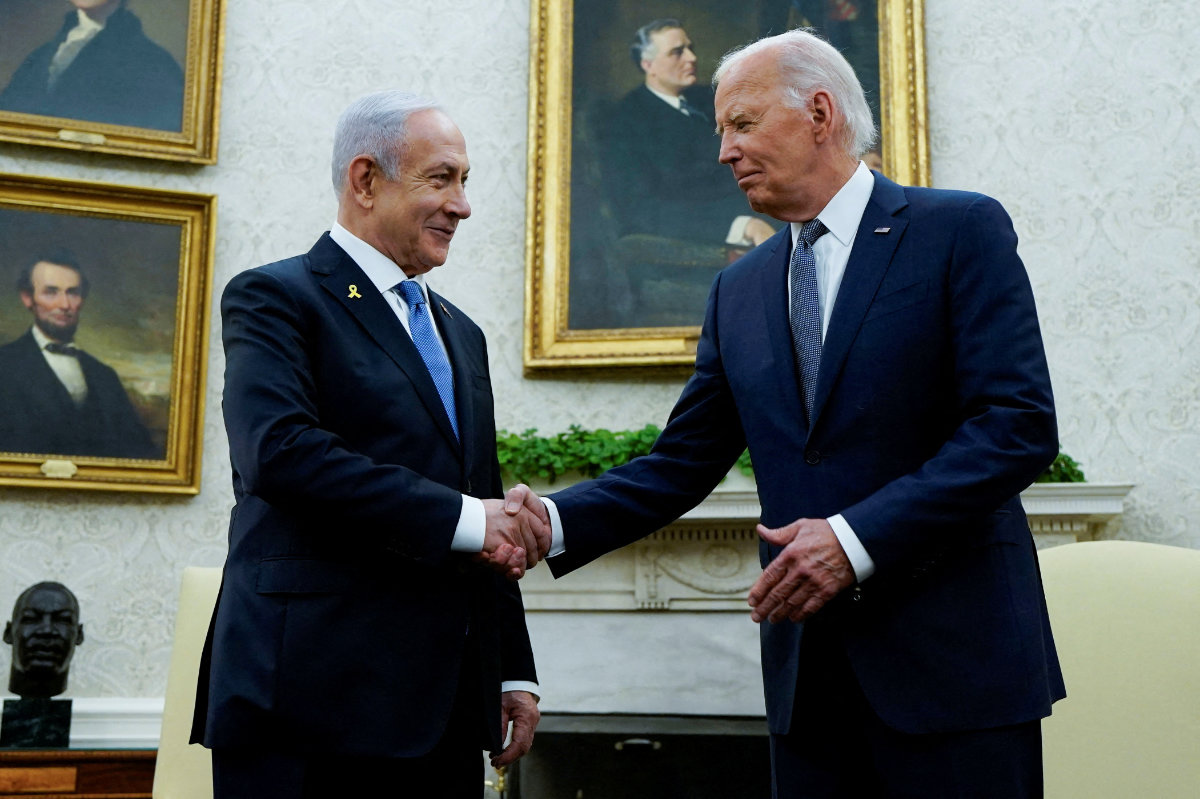AL-MUKALLA: Elon Musk said that his Starlink satellite internet provider will begin offering services in Yemen, eliciting enthusiastic reactions in the war-torn country, where the internet penetration rate is very low.
In a post on his social media platform, Musk said on Wednesday that the Starlink internet is now accessible in Yemen, sharing a post from the company that depicted Yemen in blue on its availability map as the sole Middle Eastern country in which the company will provide its services.
Yemen’s internationally recognized government announced earlier this month that the Starlink satellite internet would be officially launched in the country after the government signed a deal with the company, putting an end to the Houthi militia’s longstanding monopoly on Yemen’s telecommunications sector.
The government-run Public Telecommunications Corporation in the southern port city of Aden confirmed the launch of the Starlink service in a Facebook post on Wednesday.
“The Starlink service has been officially launched in the Republic of Yemen … Get ready for an unparalleled Internet experience,” the Yemeni said.
The Houthis, who militarily took power in Yemen a decade ago, have taken control of state-run landline and mobile providers, which generate billions of Yemeni riyals in revenue each year.
Yemen’s government has been able to end the Houthis’ monopoly on the internet and mobile sectors, establishing Aden Net, an internet company that provides 4G internet services to government-controlled areas.
TeleYemen, the Houthi-controlled company, is Yemen’s sole provider of landline, mobile and satellite internet services.
According to DataReportal, an online researcher, figures from online advisory company Kepios showed that 17.7 percent of Yemen’s 34.83 million population was connected to the internet in January 2024, with the internet penetration rate increasing by 2.2 percent between January 2023 and January 2024.
“For perspective, these user figures reveal that 28.67 million people in Yemen did not use the internet at the start of 2024, suggesting that 82.3 percent of the population remained offline at the beginning of the year,” DataReportal said in a report in February.
Yemenis, who have long complained about poor internet access in the war-torn country, reacted positively to Starlink’s announcement.
Akram Saleh, a Yemeni journalist, said that Starlink’s services will reach isolated and remote areas in Yemen, forcing Yemeni internet companies to improve their services and lower their prices.
He said that high-speed internet access in Yemen would result in social and economic transformation.
“In Yemen, having access to fast internet means experiencing significant social and economic transformations. Educational and professional opportunities will increase as high-speed internet becomes more widely available,” Saleh said on Facebook.
Despite welcoming the launch of Starlink’s services in the country, other Yemenis, such as political analyst Yasser Al-Yafae, expressed concern that the cash-strapped country would be deprived of the huge revenues from the mobile and telecom sector that would go to Starlink, causing Yemeni internet companies to shut down and that Starlink’s “unmonitored” internet services would provide Yemenis with access to “indecent” online content.
“As reliance on satellite internet services such as Starlink grow, local businesses may struggle to compete, jeopardizing their market future,” Al-Yafae said on X.
At the same time, the US Embassy in Yemen congratulated Yemenis on the start of the Starlink service.
“Congratulations to #Yemen on becoming the first Middle Eastern country with full #Starlink satellite internet access! This milestone demonstrates how technology can unlock new opportunities and drive progress,” it said on X.




























